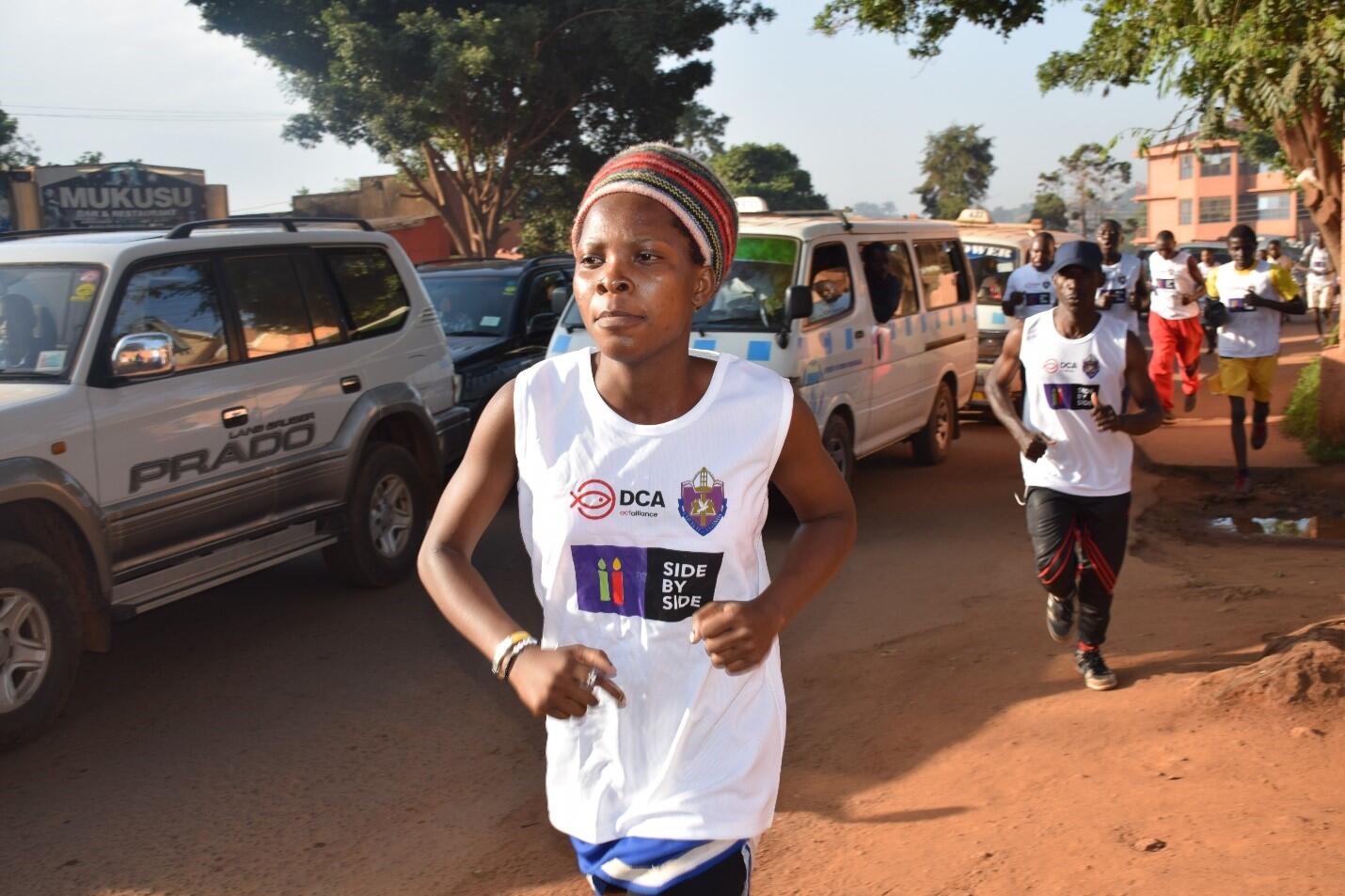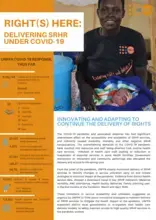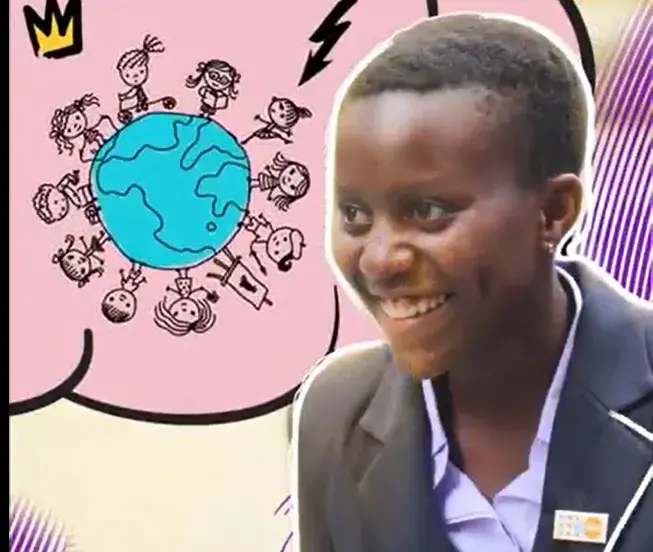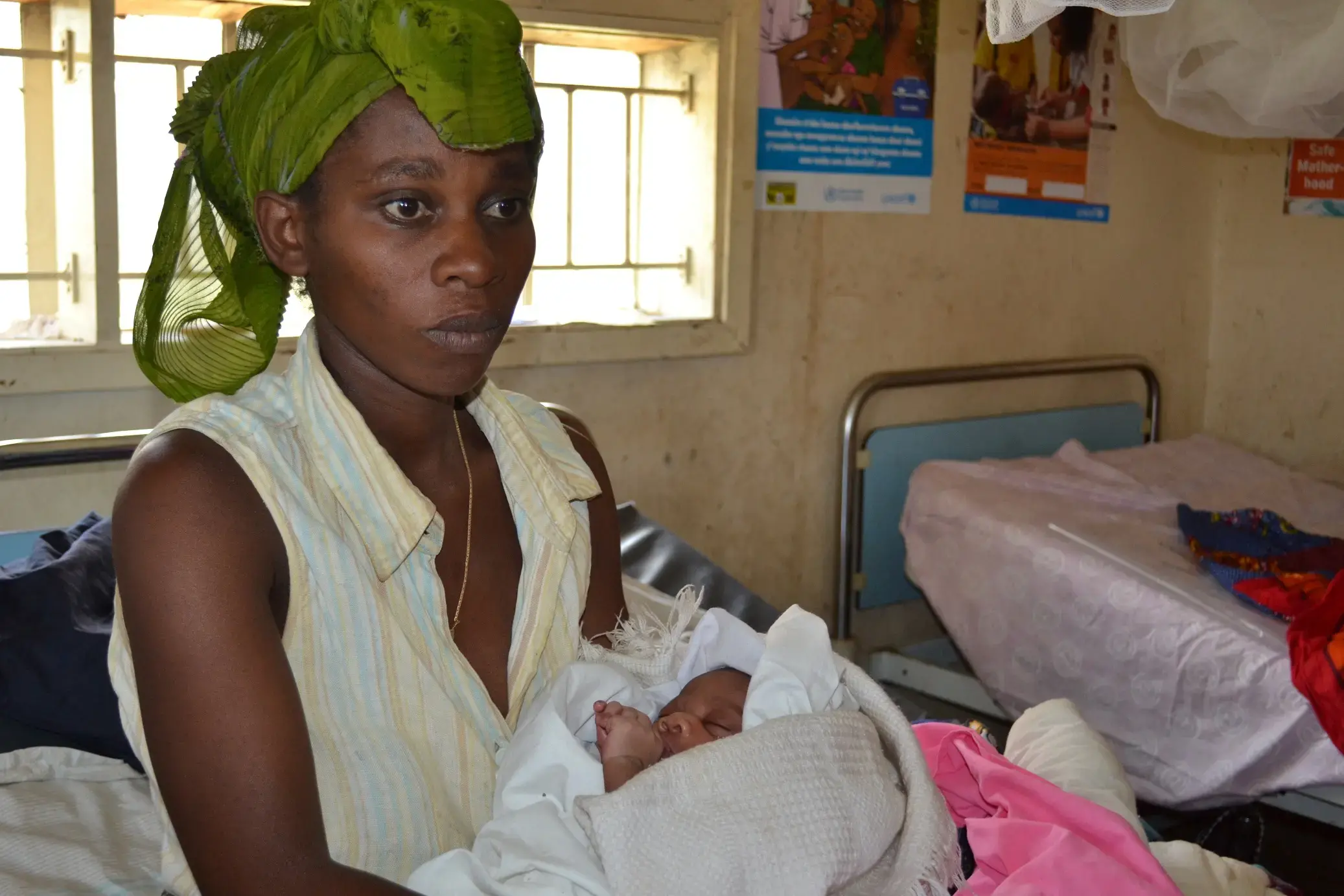Under the blue sky in the morning of 2nd December, 2017, over 900 participants gathered at Mengo Senior School in Kampala to run to advocate for elimination of gender-based violence.
The Church of Uganda organized the Gender Justice Run, under the theme: “From Peace in the Home to Peace in the world: Make education safe for all!” as part of 2017 16 Days of Activism.
Bishop Emeritus Dunstan Bukenya delivered key remarks on behalf of the Most Rev. Archbishop Stanley Ntagali, who pledged his personal and the Church of Uganda’s support in the fight against gender-based violence in the education system of Uganda, as well as in society as a whole.
“This year’s theme challenges each one of us to take action and help create a conducive environment for our children, especially the girl child to not only enroll and stay in school but also to complete the minimum education level,” said the Bishop Emeritus.
The run demonstrated the solidarity of women and men to speak out against such dehumanization and violence based on gender, especially when it comes to the girl child.
UNFPA (the United Nations Population Fund) supported the Gender Justice Run by actively supporting and participating in the marathon with four male staff members, as Uganda’s 16 Days of Activism theme emphasizes “male engagement for the safety of women and girls.”
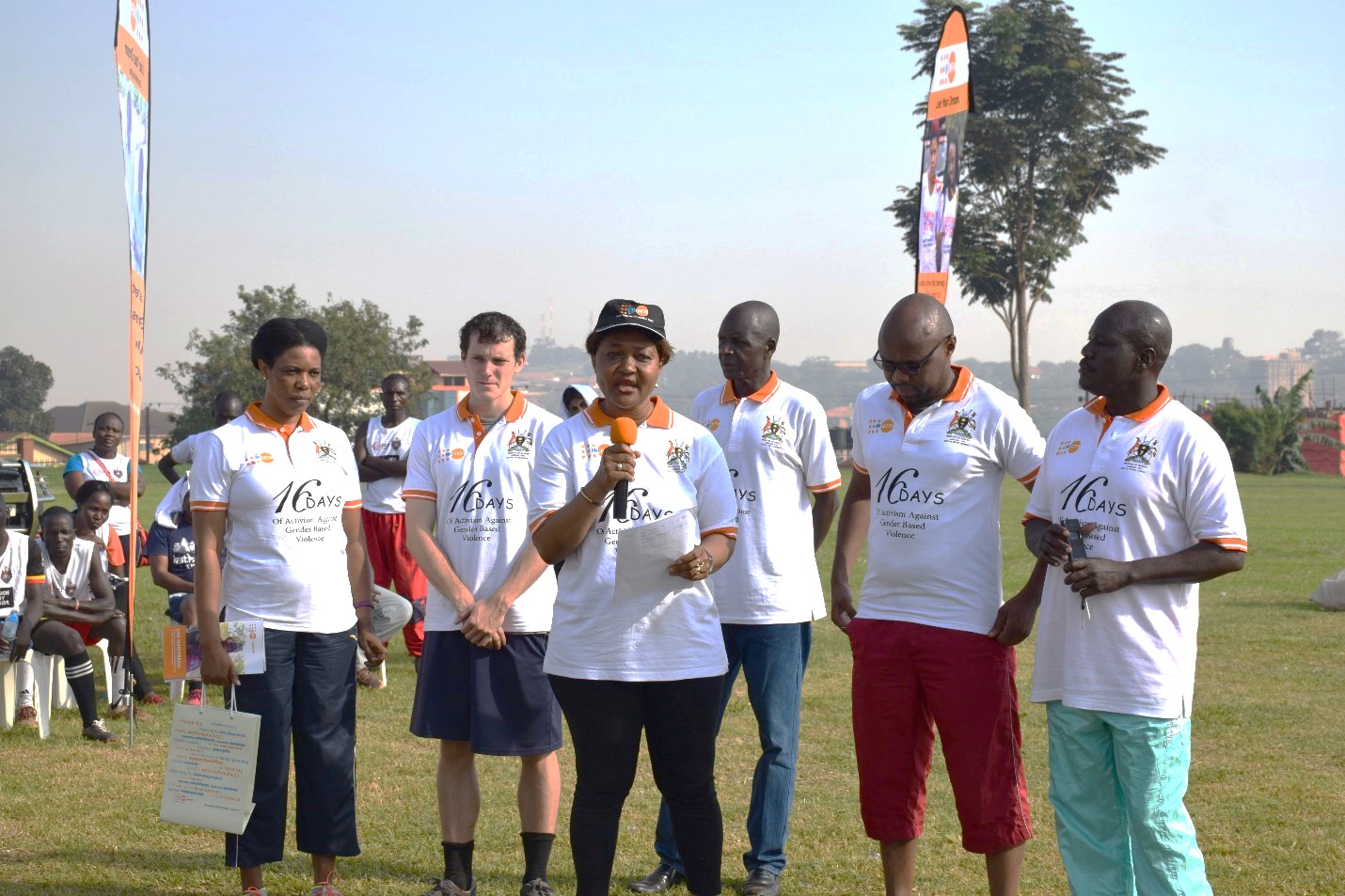
During her remarks, UNFPA Deputy Representative Ms. Miranda Tabifor recognized the importance of religious leaders and communities’ engagements against gender-based violence, while calling upon the Church to address the issue through its structures, sermons, dialogues, and fellowships.
“We [UNFPA] are here because the Church has a key role to play in promoting gender equality and a strong voice in ending gender-based violence and harmful traditional practices,” said Ms. Tabifor.
“I am convinced that together, we can make a difference in the lives of the millions of women, girls, men, and children who are victims of such acts of human rights violations,” she added.
The Uganda Demographic Health Survey 2016 indicates a decline in prevalence of gender-based violence countrywide: sexual violence against women reduced from 39% in 2006 to 27.8% in 2011 and 22% in 2016. However, the prevalence is still high, and the need to build on the gains achieved to eliminate violence against women and girls in Uganda remains. It is crucial to strengthen engagement of family and local initiatives to end violence and harmful practice.
During the 16 Day of Activism for the Elimination of Gender-Based Violence, UNFPA is raising awareness about gender-based violence as human rights issue at the family, community, national and international levels.
By Mina Nozawa

